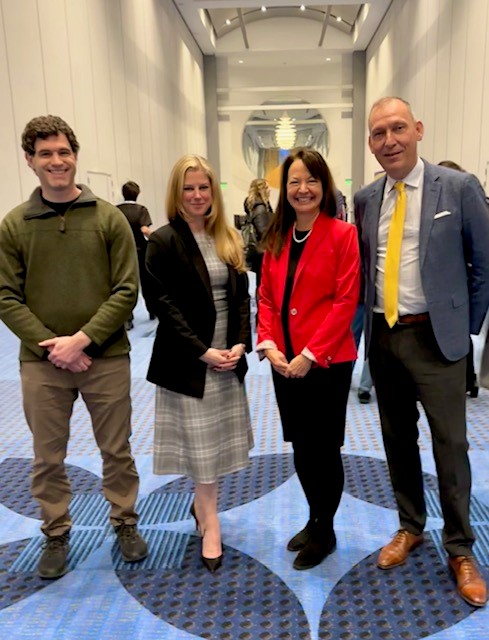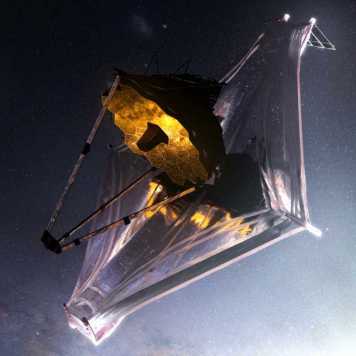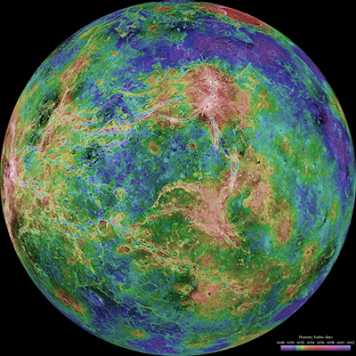ETH Meets You at the AAAS in Denver!
16 February 2024 - Thomas Zurbuchen, ETH Zurich, David Malaspina, University of Colorado, Boulder, Michelle, Hanlon, The University of Mississippi, and Nadia Drake, Quanta Magazine talk about how to advance space exploration through diverse collaborations and ethical policies at the American Association for the Advancement of Science (AAAS) Annual Meeting held this year in Denver, Colorado.
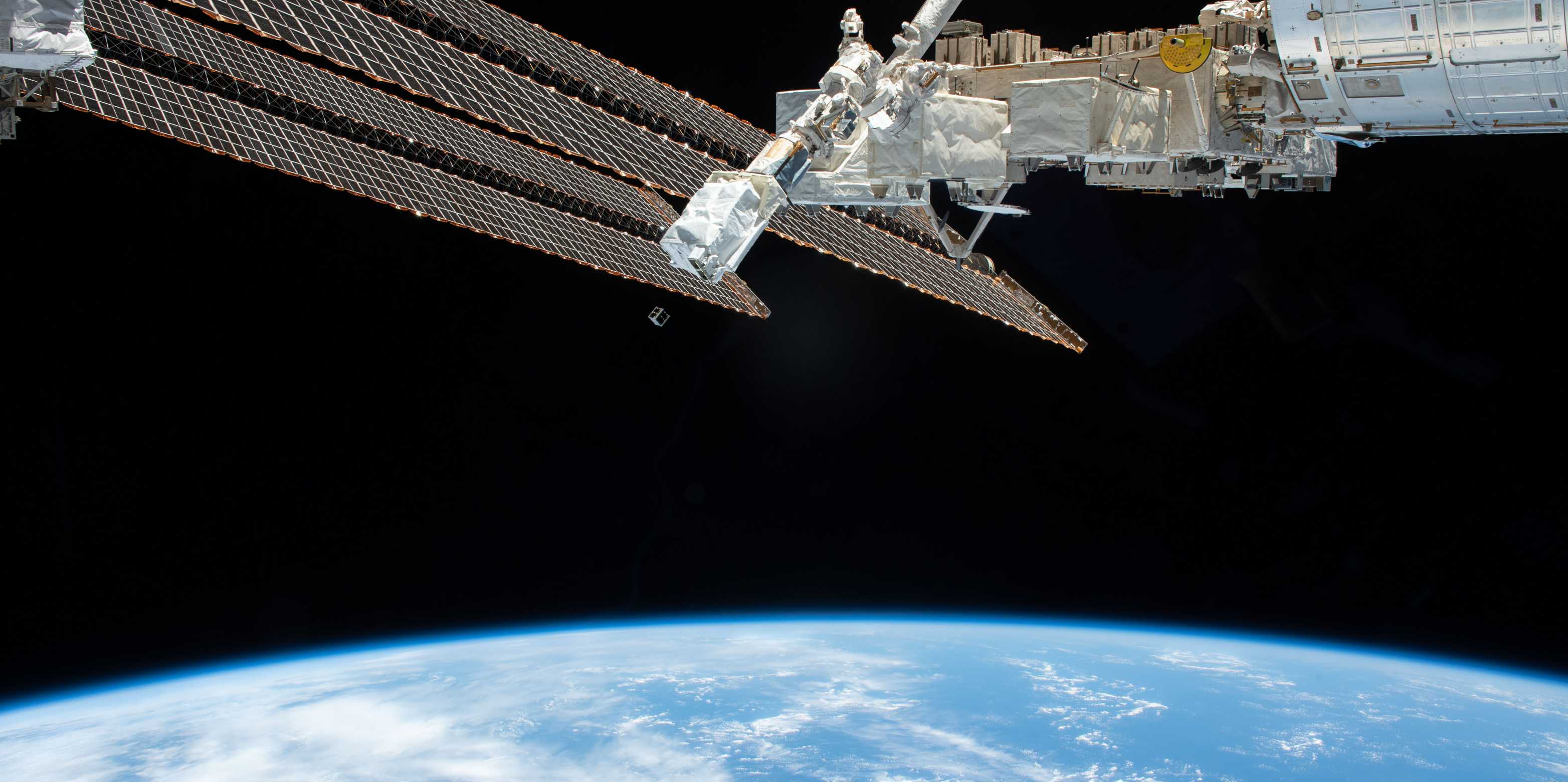
Advancing Space Exploration Through Diverse Collaborations and Ethical Policies
The James Webb Space Telescope, with partnerships and contributions from fourteen different countries, is among humanity’s best examples of collaborative achievement. While characteristically challenging, such alliances present a new paradigm for space exploration -- one that prioritizes humanity and demonstrates that diplomacy and cooperation yield greater advances in science than competition.
In this session...
Find out what it takes to make crucial decisions under extreme pressure, when lives or high value payloads are at stake -- all while the world’s watching.
Discover how leaders, researchers, and policy-shapers take participants behind the scenes of some of the world’s top space missions. Speakers will explore why diverse teams are mission-critical and how leaders motivate teams for the inherent challenges of landing on Mars or dispatching a telescope to the depths of the universe.
Learn why a space plasma physicist describes international collaborations as the vital engines of discovery; and how, like plasmas, the most interesting physics happens at boundaries of diverse cultures and scientific disciplines.
Engage in a conversation about the legal, ethical, and policy perspectives of space exploration that rest upon a framework of intergovernmental treaties and agreements.
Ask whether (or not) space-faring nations and commercial entities will live up to the tenet that states space exploration, “...shall be carried out for the benefit and in the interests of all”?
-
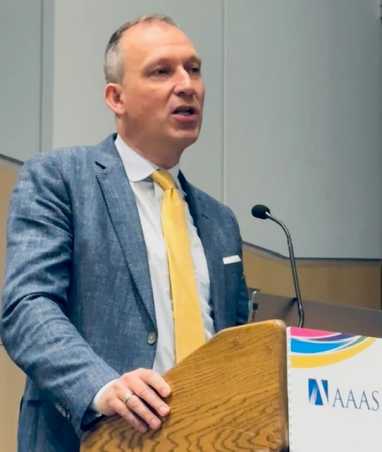
Thomas Zurbuchen, ETH Zurich Space -
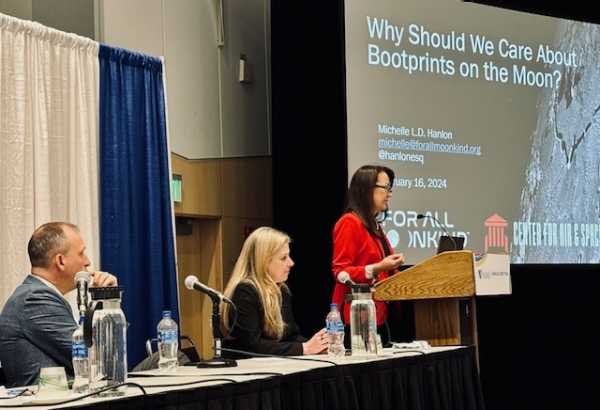
Michelle Hanlon, University of Mississippi School of Law -
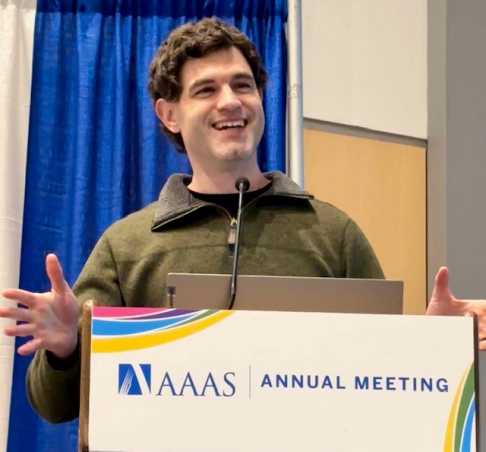
David Malaspina, University of Colorado, Boulder -
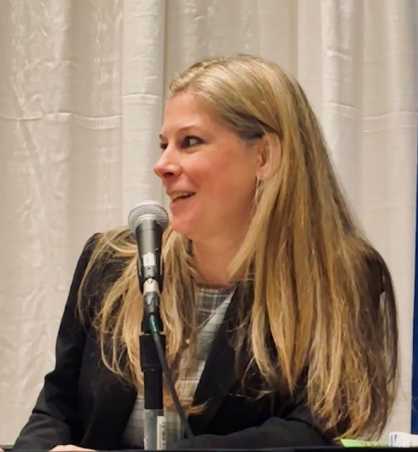
Nadia Drake, Science Journalist (formerly NatGeo and Quanta)
external page Advancing Space Exploration Through Diverse Collaborations and Ethical Policies
Colorado Convention Center
external page 700 14th Street, Denver, CO, USA
external page Mile High 4CD (Ballroom Level, Colorado Convention Center)
Friday, 16 February 2024, 10:00 - 11:00 (US MST- Mountain Time)
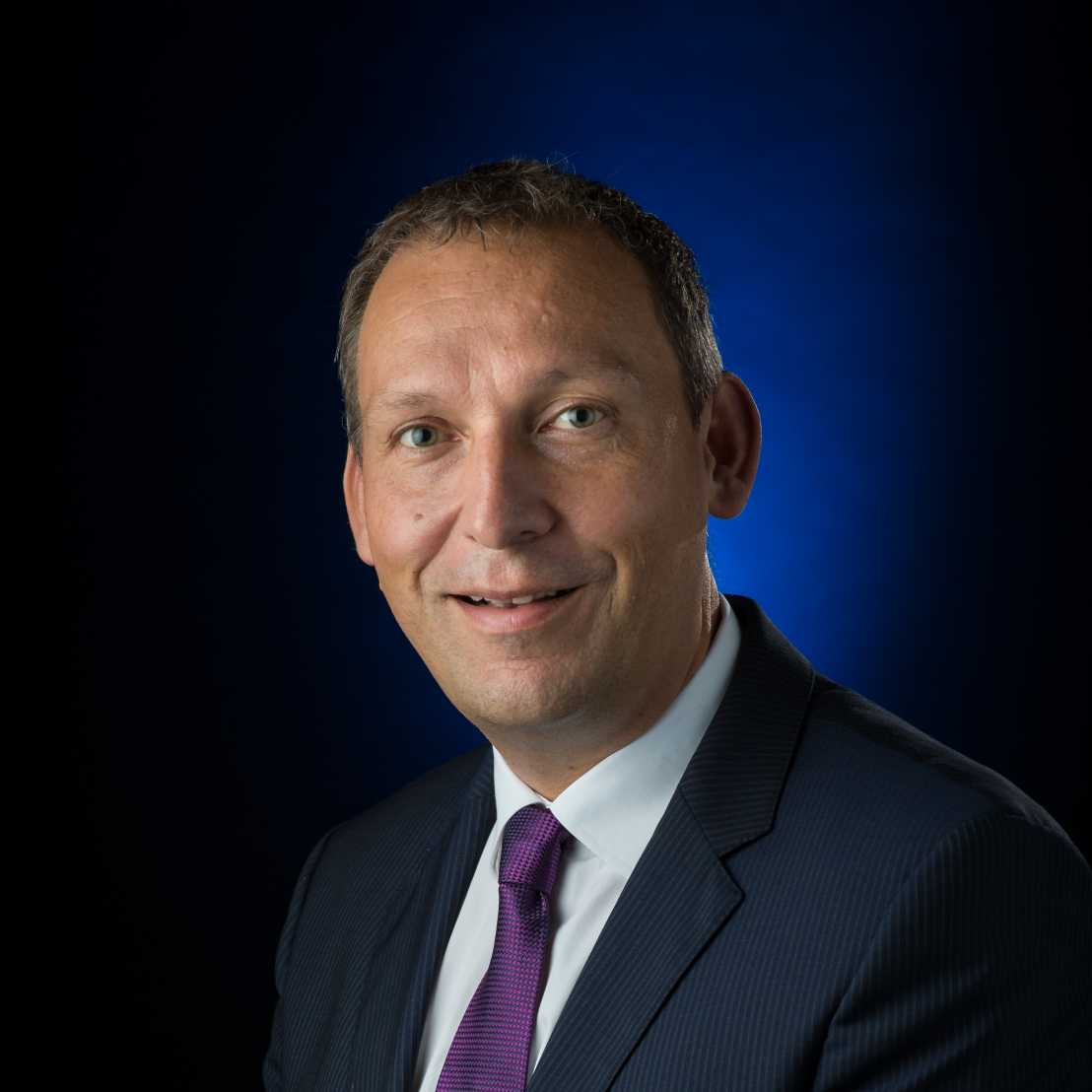
Thomas Zurbuchen, Director of ETH Zurich l Space and professor of Space Science and Technology at ETH Zurich. Professor Zurbuchen is NASA's longest serving Associate Administrator for the Science Mission Directorate.
“Are We Alone in the Universe?”: Space Leadership on the Final Frontier
In a fragmented world, one question unites and inspires international space collaboration. It opens doors to diplomacy and blue-sky research, but when every mission is a first for humanity, the stakes are high. In this session, discover what it takes to lead a Mars landing or launch a space telescope. Learn how to motivate diverse teams to think creatively, calculate risk, and find their best ideas. Find out how leaders make crucial decisions when the clock’s ticking and the world’s watching.
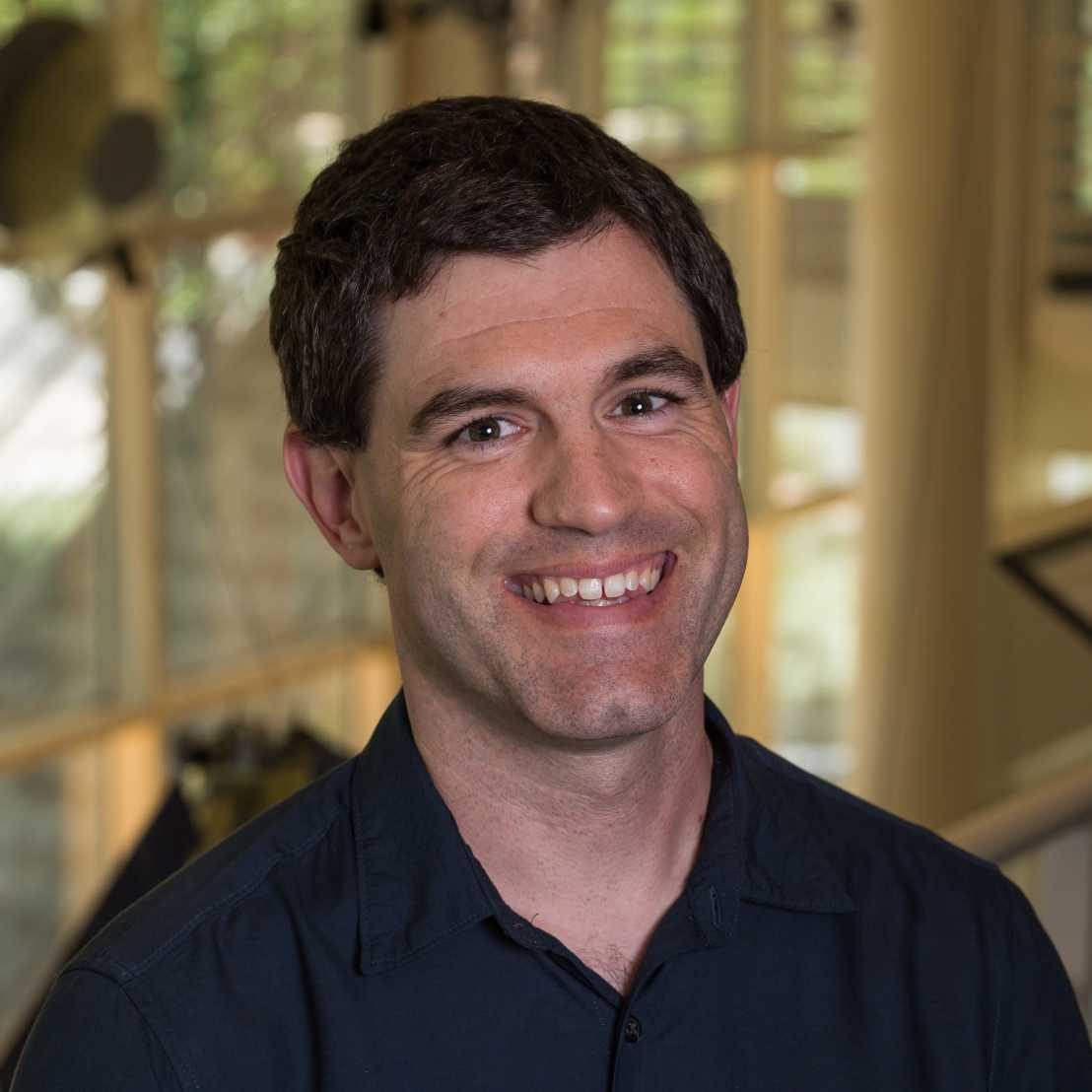
David Malaspina is a space plasma physicist, exploring heliophysics phenomena in the solar wind and planetary magnetospheres at University of Colorado, Boulder. He designs, builds, and operates scientific instruments for spacecraft.
Cross-Border Diffusion: International Collaboration in Space Plasma Physics
Scientific ideas move like space plasmas: when they encounter a border, they find a way across. This talk will describe how international collaborations are vital engines of discovery; the benefits and challenges of working with scientists across diverse countries and cultures; and how a sense of awe and wonder for the universe fosters a shared sense of humanity that transcends cultures and political boundaries. In science, and in plasmas, the most interesting physics happens at the boundaries.
external page David Malaspina's bio
external page Atmospheric & Space Physics Lab, University of Colorado Boulder
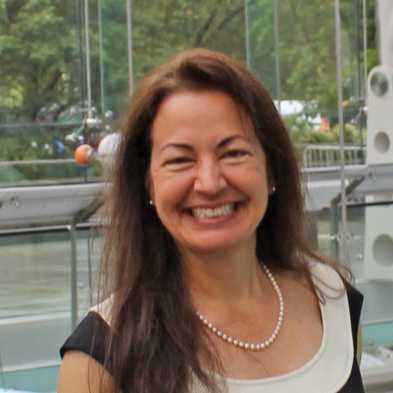
Michelle L.D. Hanlon is the Executive Director of the Center for Air and Space Law at the University of Mississippi School of Law. She also serves as an advisor to The Hague Institute for Global Justice Off-World Approach project.
TEDx University of Mississippi
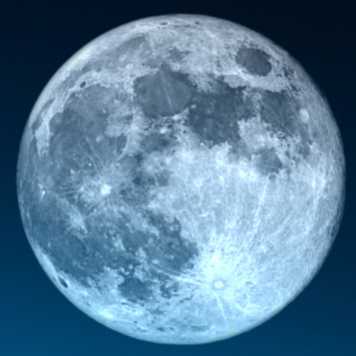
external page Watch Michelle Hanlon speak on "Who cares what happens to bootprints on the Moon?
Exploring the Outer Space Treaty Obligation of “Due Regard”
The Outer Space Treaty states that the exploration and use of space shall be carried out for the benefit and in the interests of all and “with due regard to the corresponding interests of all other States Parties.” This presentation explores the meaning of due regard and, in particular, the differing obligations it may impose on scientific and commercial activities and governmental and private actors. It will review legal and ethical implications and strategies for avoiding potential conflicts.
external page Michelle Hanlon's bio
external page Center for Air & Space Law at the University of Mississippi

National Geographic
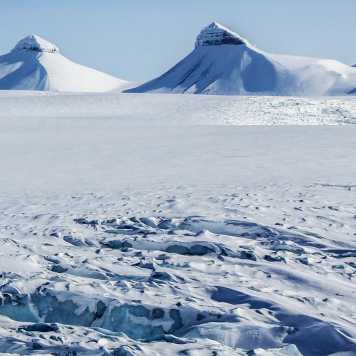
Read Nadia Drake's article on how external page NASA is preparing to explore alien worlds—by investigating Earth’s dark corners
Nadia Drake to moderate this session at AAAS 2024
Nadia Drake is an American science journalist currently working at Quanta Magazine. She is also a writer and contributor at National Geographic. Drake covers astronomy, astrophysics and planetary science, as well as anything involving jungles and spiders. Her bylines have appeared in The New York Times, The Atlantic, Scientific American as well as many other publications. She frequently hits the road in search of stories and has reported from the jungles of Peru and Indonesian Borneo, the Arctic Ocean, Mars-on-Earth, a flying telescope, the deserts of the Middle East, and the slumping glaciers at Mt. Kilimanjaro's summit. Drake holds a PhD in genetics from Cornell University.
